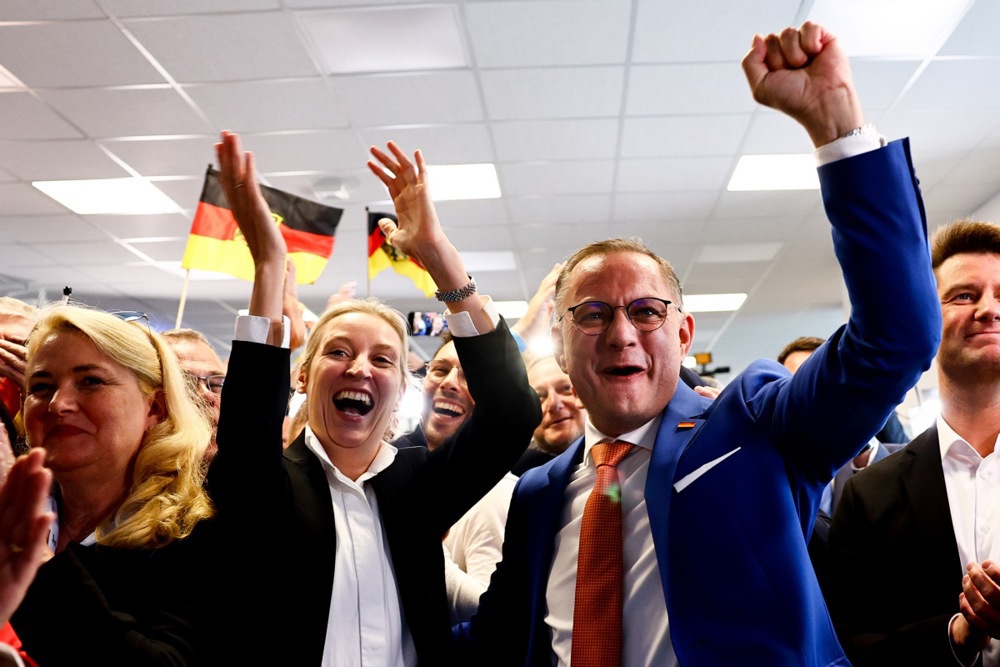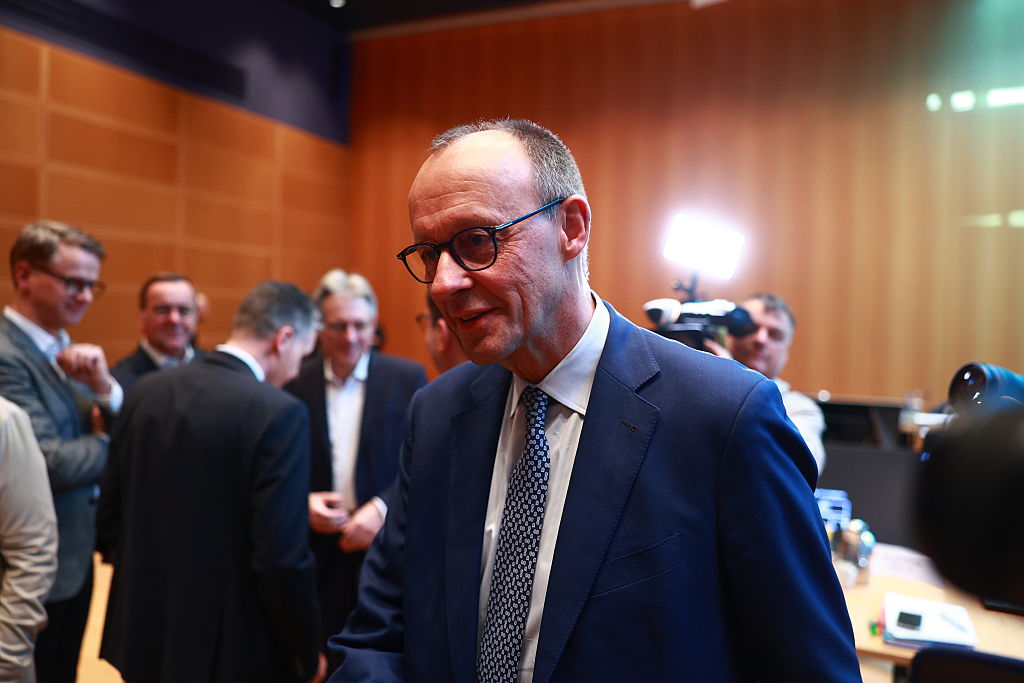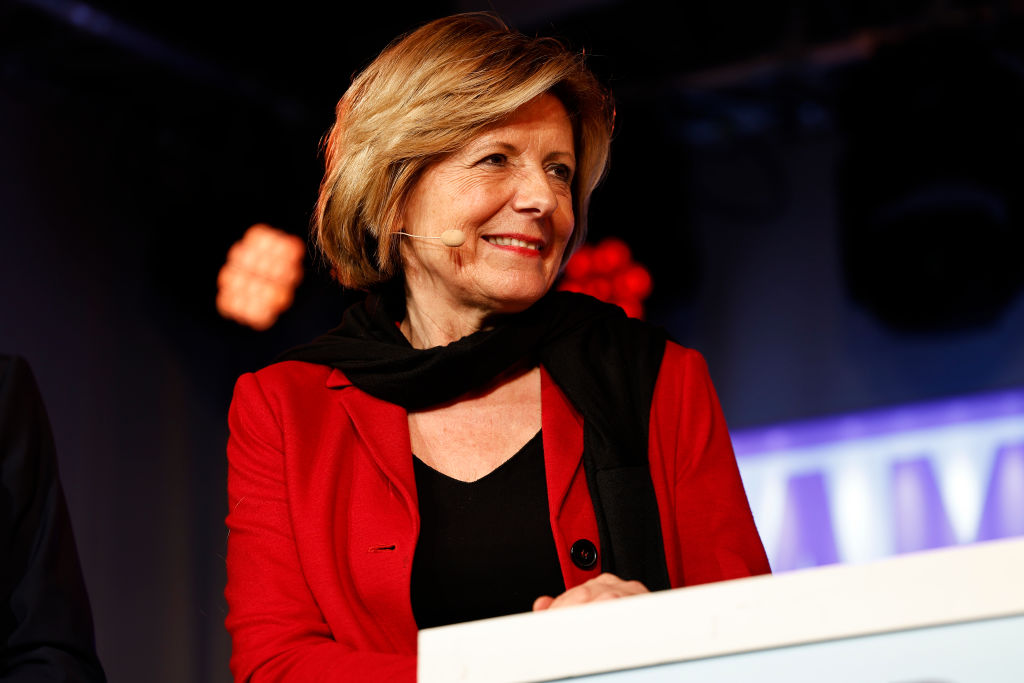Barely six weeks after the German federal elections, the right-wing Alternative for Germany (AfD) has topped a voter survey for the first time ever.
On April 9, Ipsos published the results of its latest survey that revealed a quarter of the German electorate would now cast their vote for the AfD. The Conservative Christian Democratic Union (CDU), which won the February 28 elections with 29 per cent of the vote, was down to 24 per cent.
That followed the criticised performance of CDU leader Friedrich Merz in the coalition talks with the left-wing Social Democratic Party (SPD).
SPD was stable in the polls with 15 per cent support, about the same level it won at the election.
Sonntagsfrage Ipsos zur Bundestagswahl • AfD 25 % | CDU/CSU 24 % | SPD 15 % | GRÜNE 11 % | DIE LINKE 11 % | BSW 5 % | FDP 4 % | Sonstige 5 %
➤ Übersicht: https://t.co/Gzilw3J3L9
➤ Verlauf Ipsos: https://t.co/jelulA5bur pic.twitter.com/Lqy5xdgnAv— Wahlrecht.de (@Wahlrecht_de) April 9, 2025
Merz had previously ruled out any co-operation with AfD even though many of his election promises – primarily to curb illegal immigration and migrant crime – were similar to the right-wing programme.
That made Merz vulnerable to excessive demands from the SDP, to which in the eyes of many Conservatives he did not put up enough resistance.
Recently, Merz has also come under increasing fire from within his own party. “We fought for you, but for what?,” members of the CDU party’s youth wing wrote in an open letter dated April 6.
The Ipsos surveying service dated back to 2016, based on an online panel of at least 1,000 respondents.
The pollsters correctly predicted the result of the February election, including the 21 per cent share for the AfD. In the last survey before the current one, published on March 7, CDU still scored 29 per cent and the AfD 22 per cent.
The latest poll also showed rising support for the hard-left Die Linke party, the successor to the former East German Communist party. Die Linke was up from 9 per cent at the ballot box to 11 per cent in the Ipsos survey.
The results were particularly damning for Merz as CDU leader.
When he first ran for the party leadership in 2018 – unsuccessfully – he said the party could “again reach up to 40 per cent of the vote and halve AfD”.
The voter dynamic is now moving in the opposite direction.





